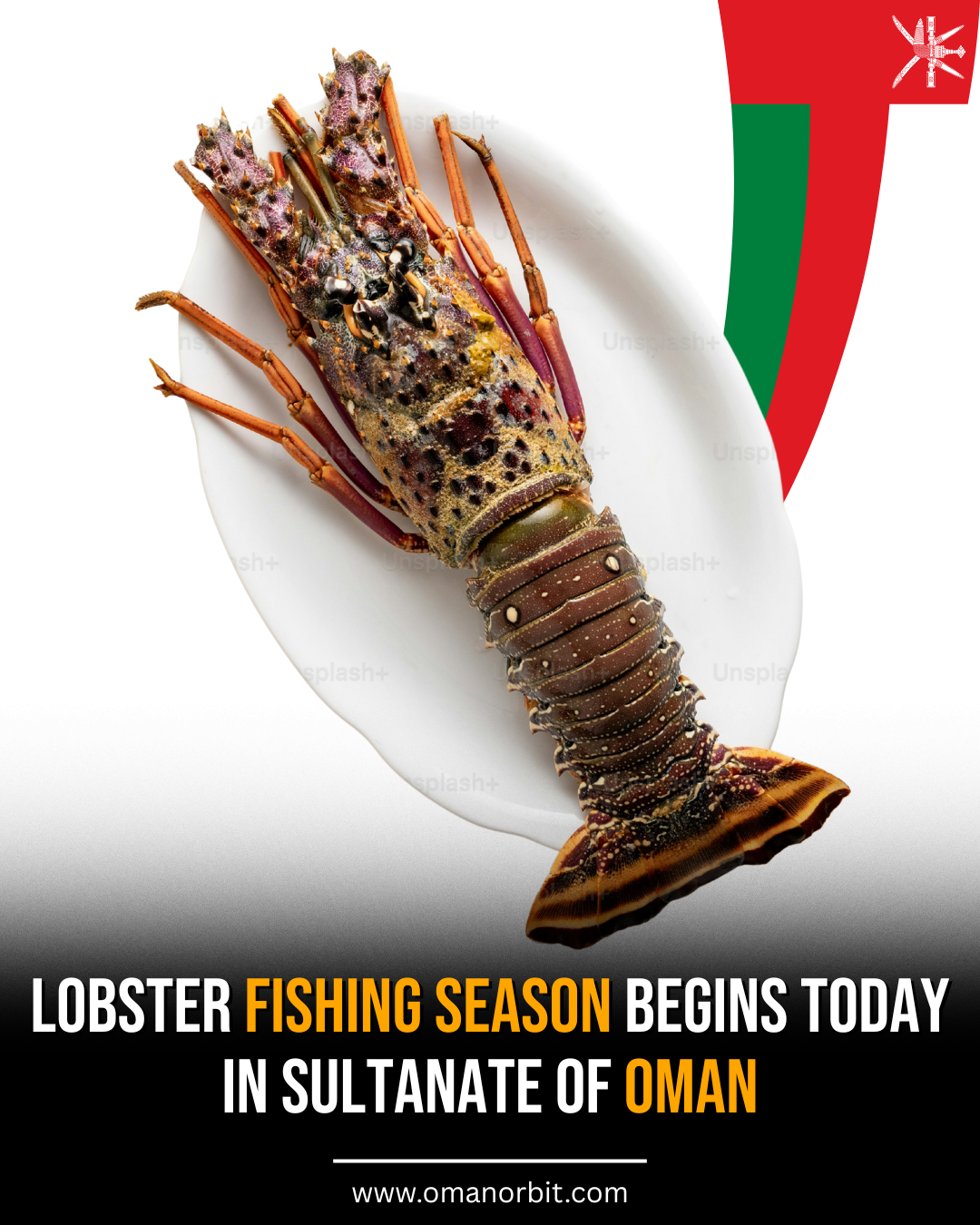MUSCAT: Beekeeping in Oman, particularly in the Dhofar region, is a deeply rooted tradition that has been passed down through generations. Families in rural areas have maintained hives for centuries, preserving techniques and knowledge about local flora, seasonal patterns, and bee behavior. The practice is not only an economic activity but also a cultural heritage, reflecting the intimate relationship between Omani communities and their natural environment. Many households rely on the honey produced for personal consumption, traditional medicine, and local trade, making it a vital aspect of rural life.
The Dhofar region’s unique climate, especially during the Khareef monsoon, creates ideal conditions for honey production. The lush greenery, flowering plants, and diverse wild herbs contribute to the rich flavor and high quality of Omani honey. Beekeepers often follow careful seasonal routines, relocating hives, harvesting honey at optimal times, and maintaining the health of bee colonies without the extensive use of chemicals. This sustainable approach ensures long-term productivity and preserves the natural ecosystem, allowing both the bees and the local flora to thrive.
Beekeeping is also intertwined with Omani culture and traditional knowledge. Elders pass down skills such as hive construction, bee management, and extraction techniques through hands-on learning. Stories, customs, and rituals related to bees and honey are shared within families, strengthening social bonds and community identity. Local markets often feature honey harvested using these traditional methods, which is highly valued by consumers for its natural purity, therapeutic qualities, and distinctive taste, making it a symbol of Dhofar’s agricultural heritage.
In recent years, the Omani government and private initiatives have started promoting beekeeping as a sustainable economic opportunity. Training programs, cooperative societies, and honey festivals aim to encourage younger generations to engage with this ancient practice while adopting modern methods for efficiency and quality control. As interest grows in natural products and eco-tourism, Omani honey has gained international recognition, highlighting Dhofar not only as a region of scenic beauty but also as a hub for artisanal and high-quality honey production.



